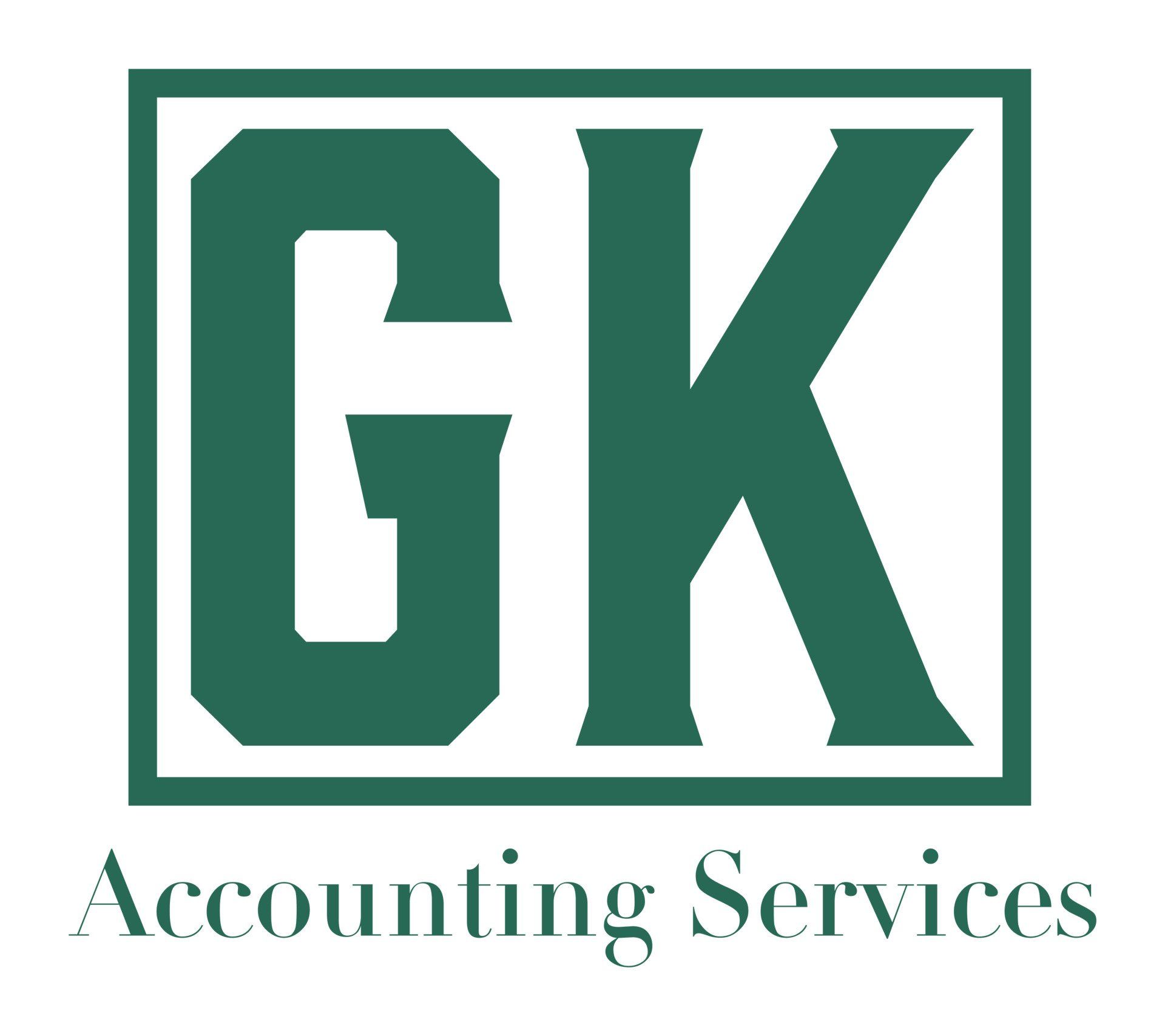VAT Registration and Deregistration Limits: Updated Guidelines
Guidelines are always going to be updated, so lets keep you in the loop!
Effective from 1 April 2024, the taxable turnover thresholds for VAT registration and deregistration have been revised. These changes are significant for small businesses and can impact their VAT compliance and financial planning.
VAT Registration Threshold
- New Threshold:
- The VAT registration threshold has increased to £90,000 (from £85,000).
- Conditions for Mandatory Registration:
- Historical Test: If at the end of any month, the value of the taxable supplies made in the past 12 months exceeds £90,000.
- Future Test: If at any time, there are reasonable grounds to believe that the value of taxable supplies to be made in the next 30 days alone will exceed £90,000.
- Non-UK Businesses:
- Businesses with no physical presence in the UK must also register for VAT if they supply goods or services to the UK or expect to do so within the next 30 days.
VAT Deregistration Threshold
- New Threshold:
- The VAT deregistration threshold has increased to £88,000 (from £83,000).
- Deregistration Conditions:
- Businesses can apply for deregistration if their taxable turnover falls below £88,000.
Implications and Advice for Businesses
For Businesses Near the Threshold
- Review Turnover Regularly:
- Keep a close watch on your rolling 12-month taxable turnover to determine if and when you need to register for VAT.
- Implement accounting practices that provide accurate and up-to-date turnover figures.
- Impact on Pricing and Competitiveness:
- Consider how VAT registration may affect your pricing structure and competitiveness. Registered businesses must charge VAT on their supplies, which can impact customers, especially if they are not VAT registered themselves.
- VAT Compliance:
- Ensure that you are prepared to comply with VAT obligations, including accurate record-keeping, timely VAT returns, and managing VAT payments.
For Businesses Considering Deregistration
- Review Benefits of Registration:
- Evaluate the benefits of remaining VAT registered, such as the ability to reclaim VAT on purchases versus the administrative burden of compliance.
- Impact on Customers:
- Consider the impact on your customers and suppliers if you deregister for VAT. Deregistration might affect business relationships and your market position.
Additional Considerations
- Financial Planning:
- Use the new thresholds to inform your financial planning and budgeting. Understanding the implications of crossing the threshold can help in making strategic decisions for business growth.
- Seek Professional Advice:
- Consult with a tax advisor or accountant to understand how these changes specifically affect your business. Professional advice can help optimise your VAT position and ensure compliance with HMRC regulations.
- Growth Strategy:
- Utilise the increased threshold to support business growth without the immediate burden of VAT registration. This can be particularly beneficial for start-ups and small businesses looking to expand their operations.
Summary
The increase in the VAT registration threshold to £90,000 and the deregistration threshold to £88,000 from 1 April 2024 provides more leeway for small businesses to grow without the immediate need to register for VAT. Businesses should review their turnover regularly, consider the implications of registration and deregistration, and seek professional advice to navigate these changes effectively.





